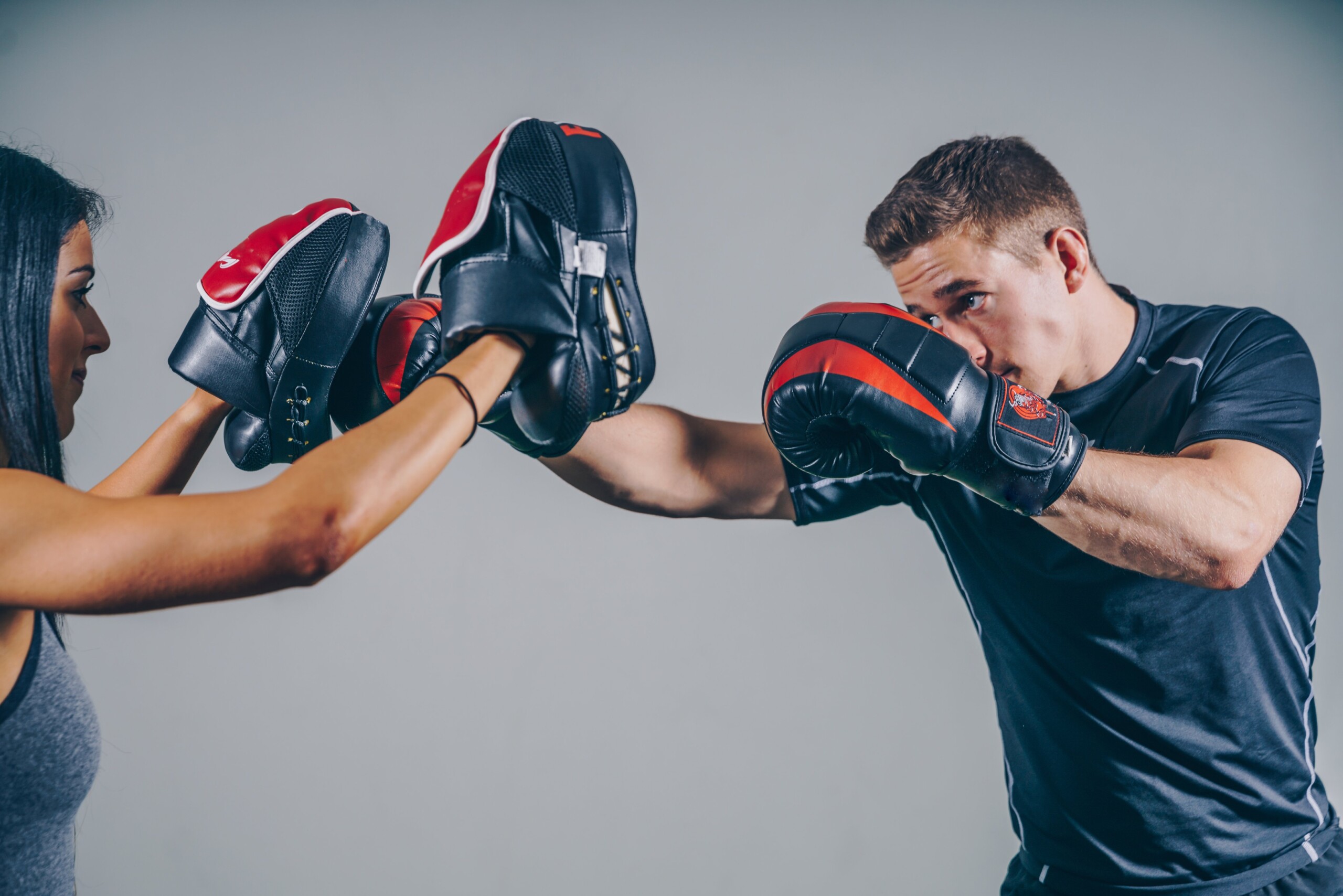Boxing is a sport that demands physical endurance, strength, and mental fortitude. Equally important is the gear that boxers use, which plays a crucial role in ensuring safety, improving performance, and enhancing the overall boxing experience. Whether you’re a beginner or a seasoned professional, understanding the essential boxing gear is key to training effectively and competing safely.
Boxing Gloves
Boxing gloves are perhaps the most iconic piece of boxing gear. They are designed to protect the hands of the boxer and reduce the impact of punches on the opponent. There are various types of boxing gloves, each serving a different purpose:
Training Gloves: These are used for general training, including bag work and sparring. They offer a balance between protection and comfort.
Bag Gloves: Specifically designed for heavy bag training, these gloves provide additional padding to absorb the impact of punches.
Sparring Gloves: These gloves are used for sparring sessions and have extra padding to protect both the user and their sparring partner.
Competition Gloves: These are used in professional matches and are lighter than training gloves, providing less padding but more power in punches.
When choosing boxing gloves, consider the weight, which typically ranges from 8 oz to 20 oz, and the type of training or competition you’ll be participating in.
Hand Wraps
Hand wraps are essential for protecting the small bones and tendons in your hands. They provide additional support to the wrists and knuckles, reducing the risk of injury. Hand wraps come in different lengths and materials:
Mexican Style Hand Wraps: A blend of cotton and elastic for a snug fit.
Gel Hand Wraps: These have gel padding for added protection.
Proper wrapping technique is crucial for maximizing the benefits of hand wraps. Wrapping around the wrist, knuckles, and thumb ensures comprehensive protection.
Boxing Shoes
Boxing shoes are designed to provide stability, support, and agility. They feature a thin sole for better ground contact, enhancing movement and balance. Key factors to consider when choosing boxing shoes include:
Fit and Comfort: Ensure the shoes fit snugly but comfortably.
Support: Good ankle support is crucial to prevent injuries.
Grip: The sole should provide excellent grip to prevent slipping.
Headgear
Headgear is essential for sparring to protect against head injuries. It reduces the impact of punches and helps prevent cuts and bruises. When selecting headgear, consider:
Padding: Look for headgear with ample padding for maximum protection.
Visibility: Ensure the headgear does not obstruct your vision.
Fit: The headgear should fit securely without shifting during movement.
Mouthguards
Mouthguards protect your teeth, gums, and jaw during sparring and matches. They absorb and distribute the force of impacts, reducing the risk of dental injuries. There are different types of mouthguards:
Boil and Bite: These can be molded to fit your teeth by boiling and biting into them.
Custom Fit: Made by a dentist, offering the best fit and protection.
Punching Bags
Punching bags are essential for training, helping to build strength, technique, and endurance. There are various types of punching bags:
Heavy Bags: Ideal for power training and improving punch strength.
Speed Bags: Used for improving hand-eye coordination and speed.
Double-End Bags: Help with precision and reflexes.
When choosing a punching bag, consider the material, weight, and type of training you’ll be doing.
Protective Gear
Protective gear such as groin protectors, shin guards, and chest protectors are crucial for ensuring safety during training and sparring. These items protect vulnerable areas from injury, allowing you to train with confidence.
Groin Protectors: Essential for male boxers to protect against low blows.
Shin Guards: Useful for kickboxing or Muay Thai training.
Chest Protectors: Provide additional protection during intense sparring sessions.
Boxing Apparel
Boxing apparel includes items such as boxing shorts, tops, and robes. These are designed for comfort and functionality, allowing free movement and breathability during training and matches. Look for moisture-wicking fabrics that keep you dry and comfortable.
Accessories
Additional accessories can enhance your training and overall boxing experience:
Skipping Ropes: Excellent for improving cardiovascular fitness and footwork.
Gym Bags: These are practical for carrying all your boxing gear.
Training Timers: These are useful for structuring your training sessions.
Conclusion
Investing in quality boxing gear is crucial for the safety, performance, and overall enjoyment of the sport. Whether you’re just starting or an experienced boxer, having the right equipment can significantly impact your training and competition. Prioritize boxing gear that fits well, offers ample protection, and suits your specific needs and preferences. With the right gear, you can train effectively, improve your skills, and enjoy the sport of boxing to its fullest.





